Increase Profitability through Improved Efficiency and Quality
Running a construction materials testing and inspection business requires a high level of coordination and interaction between field based and office based personnel. It also requires the management of a high volume and broad range of information including customer records, project and site details, material specifications, sample data, test data, field observations, customer approvals, fee schedules, billing data, work schedules, equipment calibrations and technician competency.
Replacing your existing, disparate paper and software systems with a centralized field and laboratory software solution from Spectra QEST, which can be tightly integrated with your corporate financial/ERP system, enables many business process improvements. You can eliminate duplicate data entry and automate workflows for laboratory testing, field testing/inspection, report review, report approval, report distribution and billing. Your report turnaround time can be significantly improved and your invoicing process streamlined, reducing both effort and missed billing.

The Benefits
Equip yourself with Spectra QEST’s leading software tools which provide you with the following benefits:
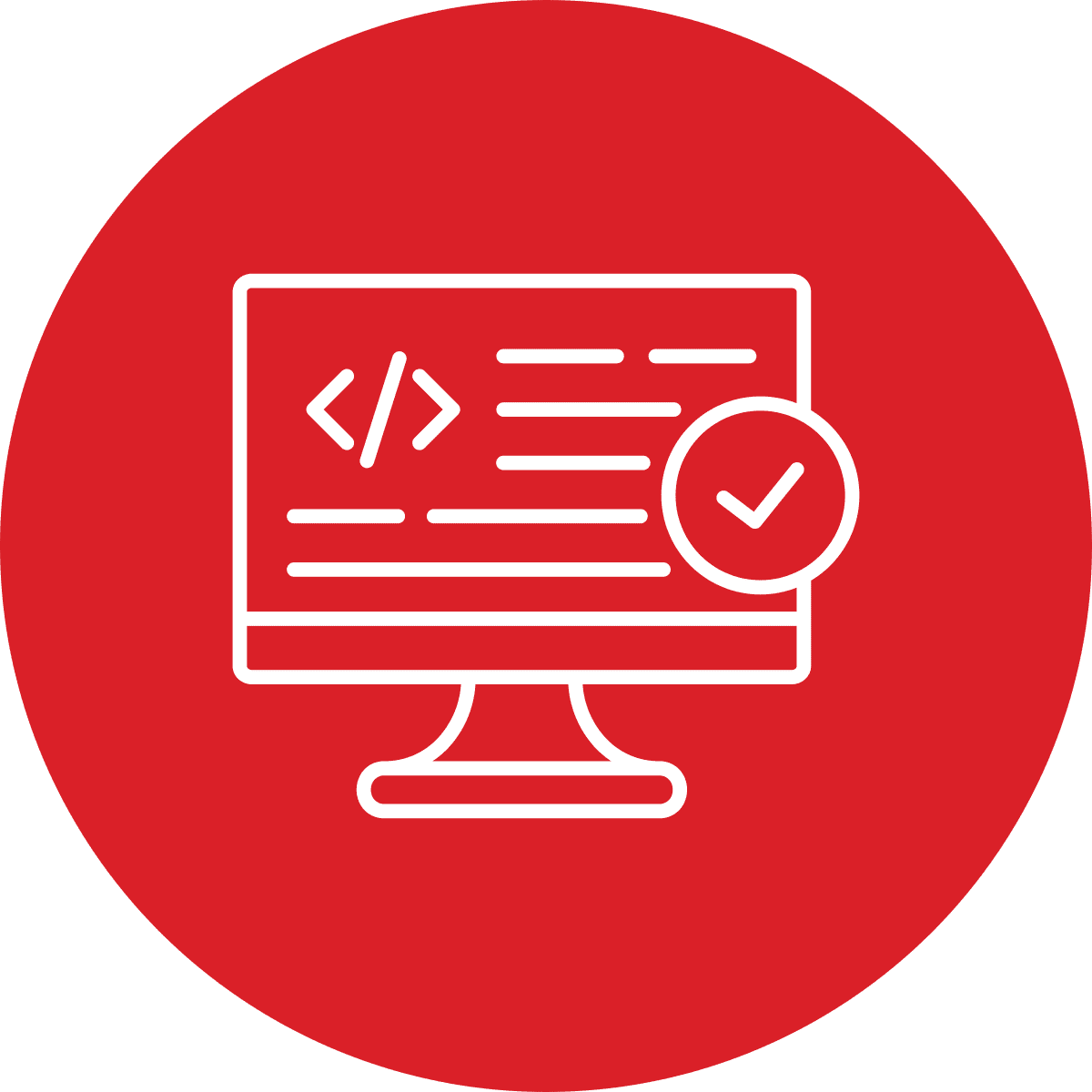
Data in Once
Eliminate duplicate data entry through the use of a single system to meet all your field and laboratory information mangement needs, including sample tracking, data collection, results calculation, report generation and distribution, equipment calibration and billing. Integrate with the other business systems used in your organization.
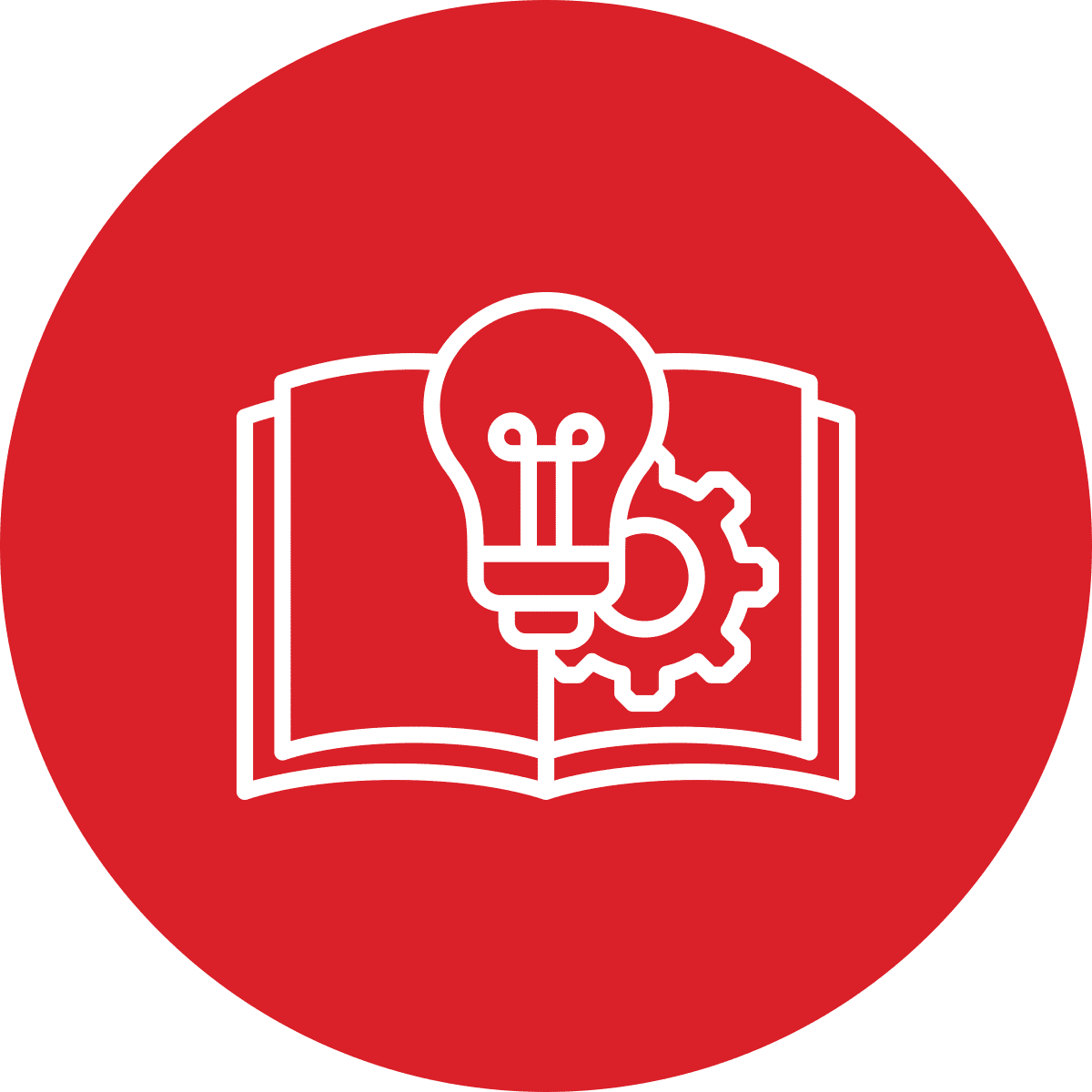
Test Methods
Quickly and reliably enter raw data, calculate results and perform validations for over 600 construction materials and geotechnical test methods out of the box. Including ASTM, AASHTO, Australian Standards, New Zealand Standards, British Standards, various state DOT standards and more.
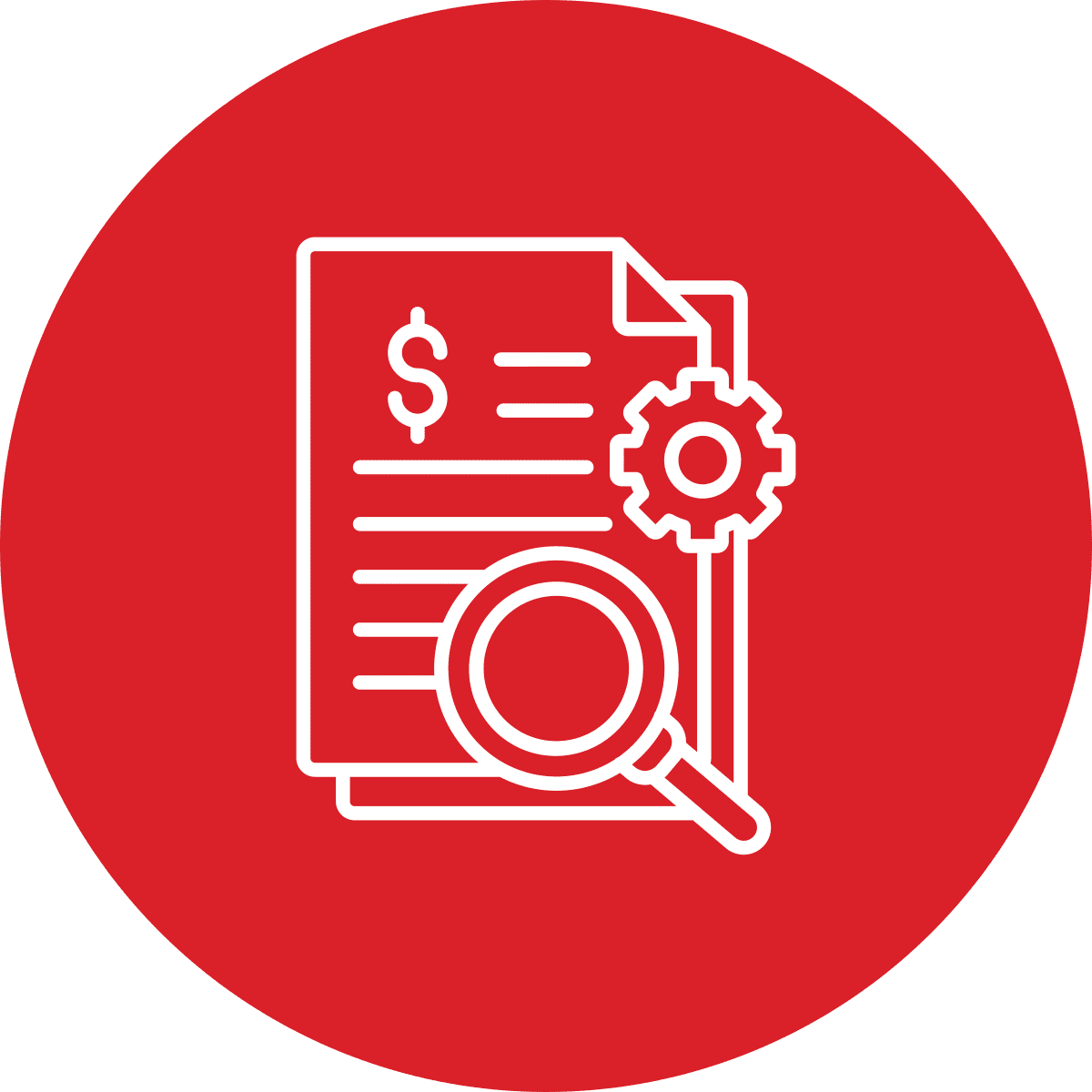
Automated Billing
Avoid missed billing through automated billing, which allows you to easily track billing progress, including work done but not yet billed, or work not done and not billed.
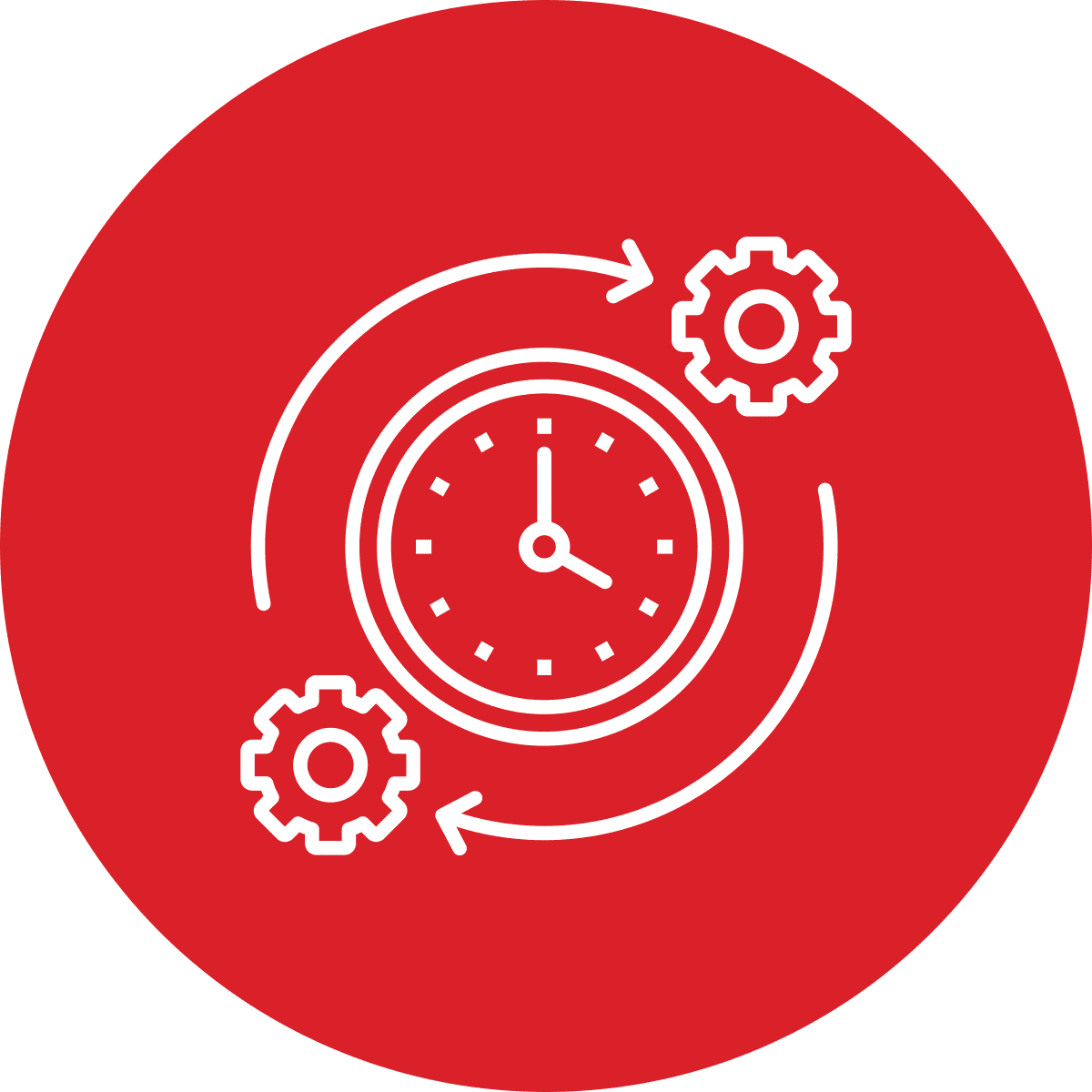
Report Turnaround Time
Reduce report turnaround time by performing data entry/capture as part of the testing workflow (in the field or the laboratory).
Electronically review, correct, approve and distribute test reports using the report approval workflow in QEST Platform.
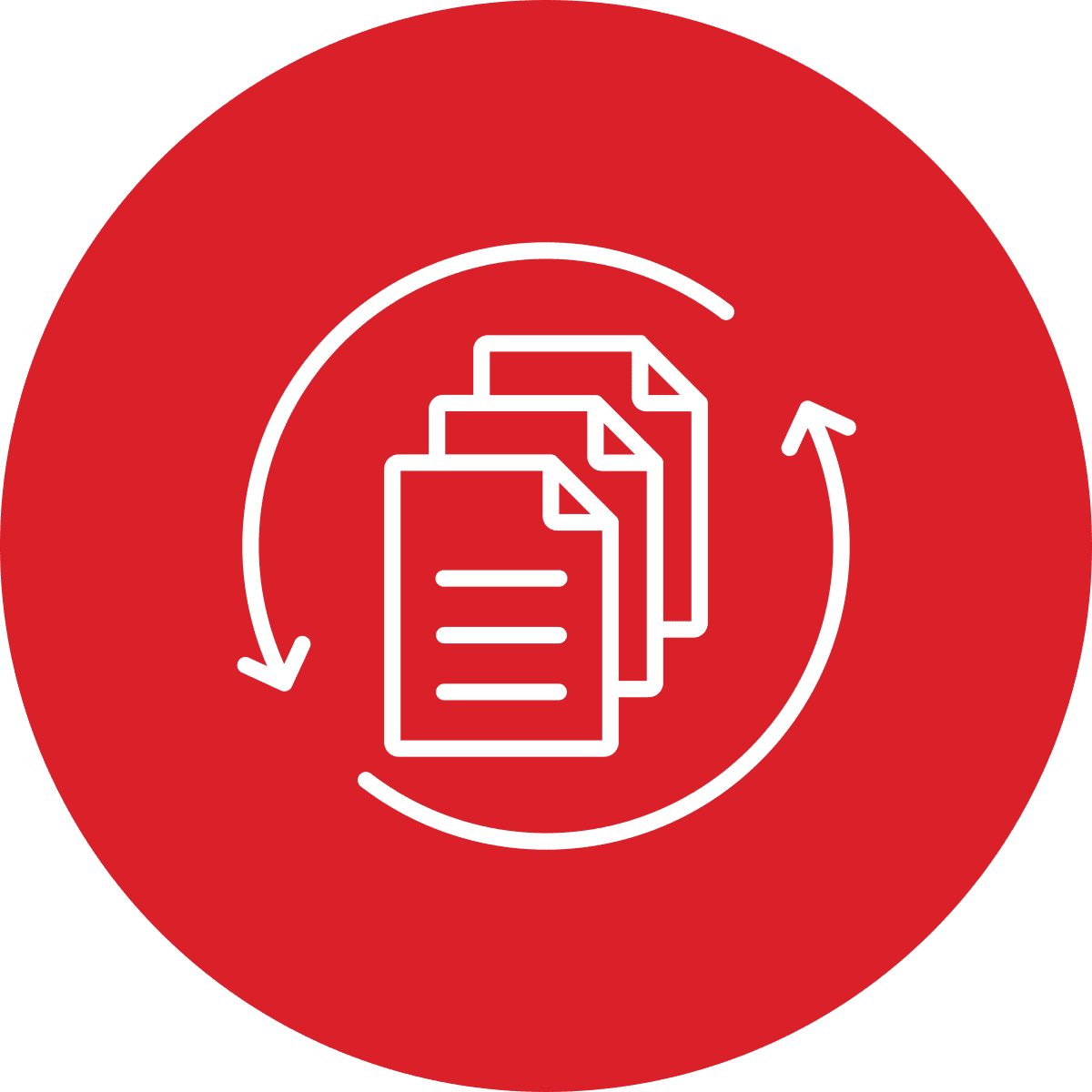
Uniform Test Reports
Ensure consistent reporting formats between individual tests and between different testing disciplines. Support the testing from various disciplines in a single, centralized system, including concrete, aggregates, asphalt, soils etc.

Compliance
Meet compliance obligations for ISO/IEC 17025, accreditation agencies and other authorities. Track equipment calibrations, technician competency, audit trail, report approval authority, etc.
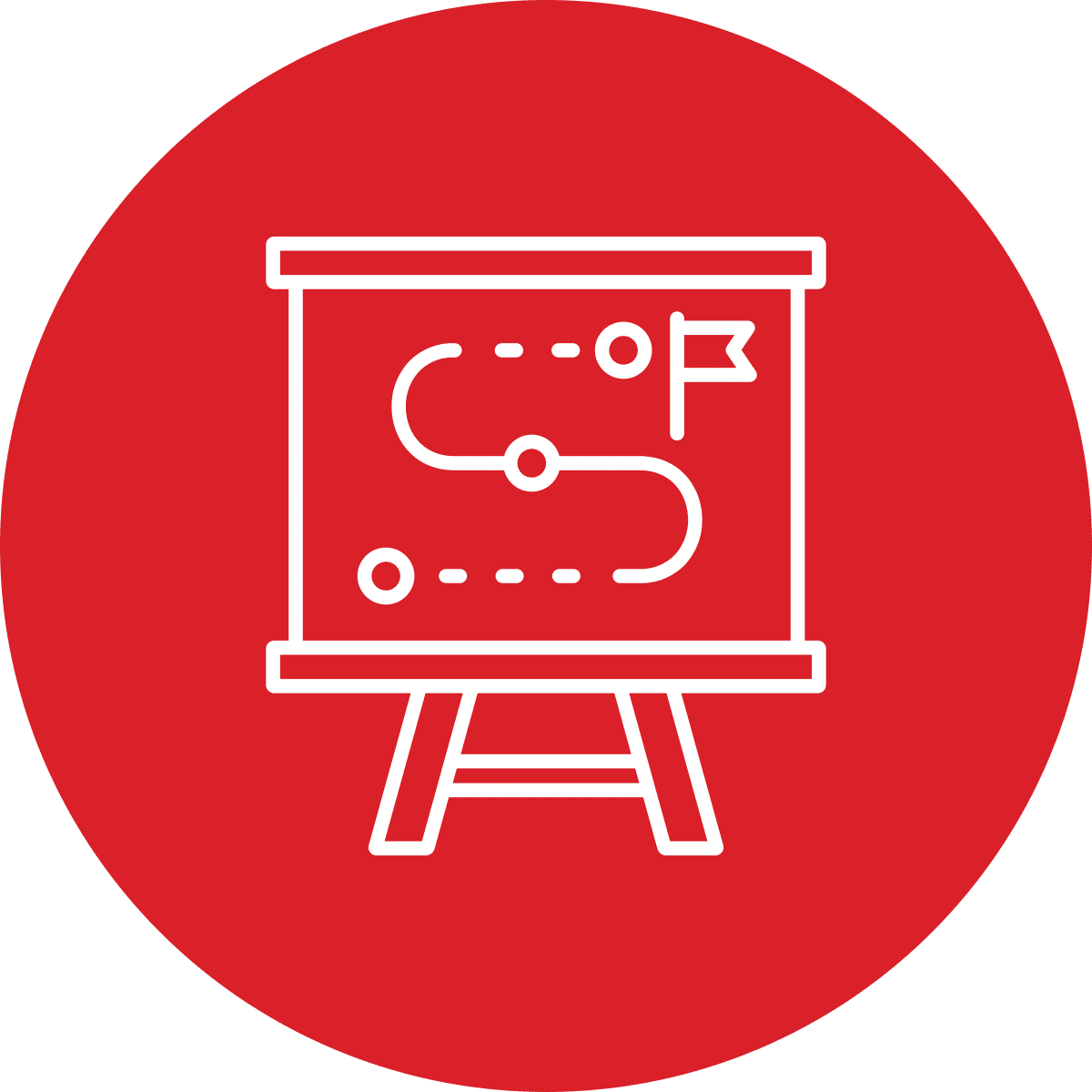
Workflow Management
Quickly and easily track work progress and plan upcoming work in the laboratory. Electronically create and assign work requests to technicians/inspectors in the field and laboratory.
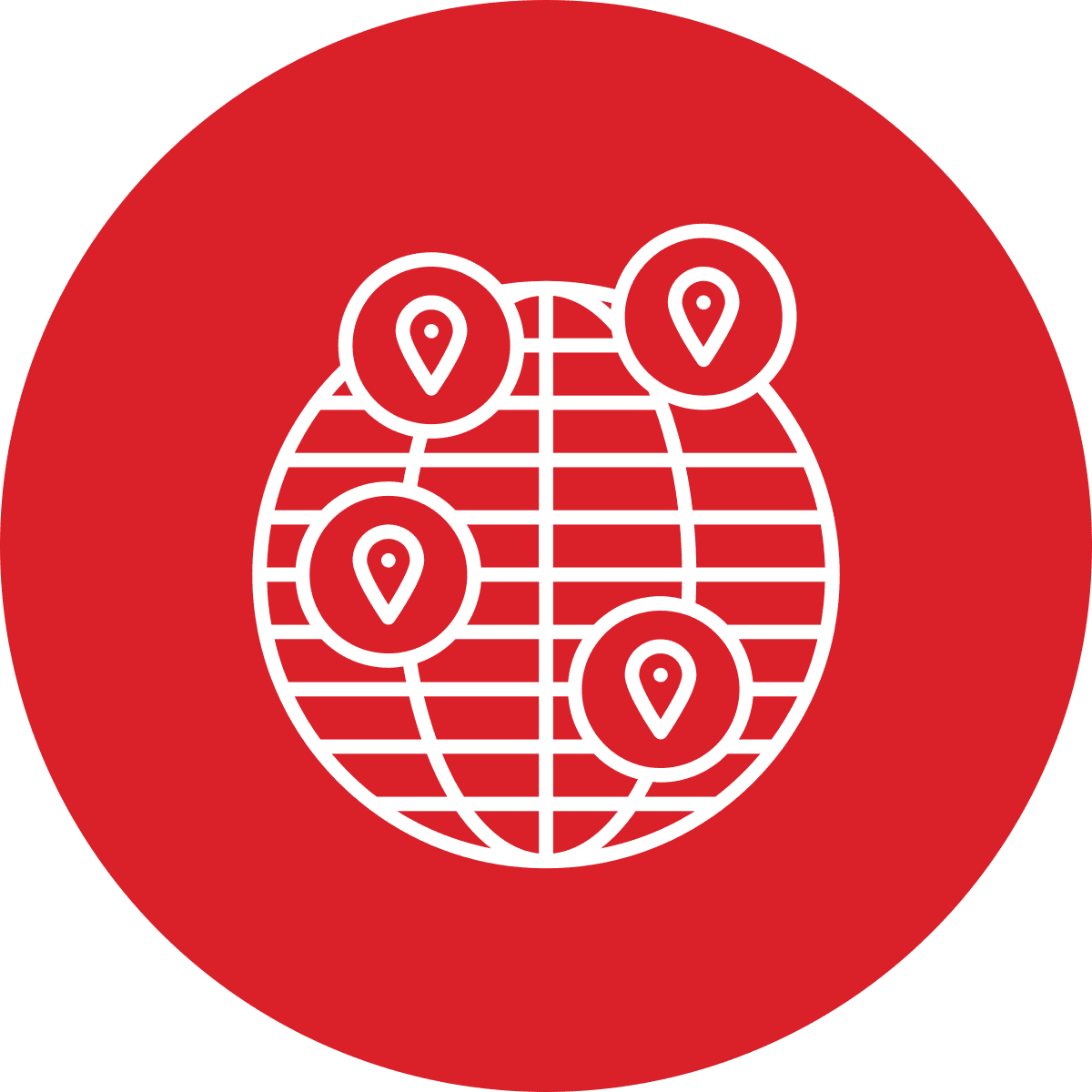
Multi Site Standarization
Standardize processes and practices across multiple laboratories, ensuring consistent report formats are produced across the organization, and providing centrally available data.
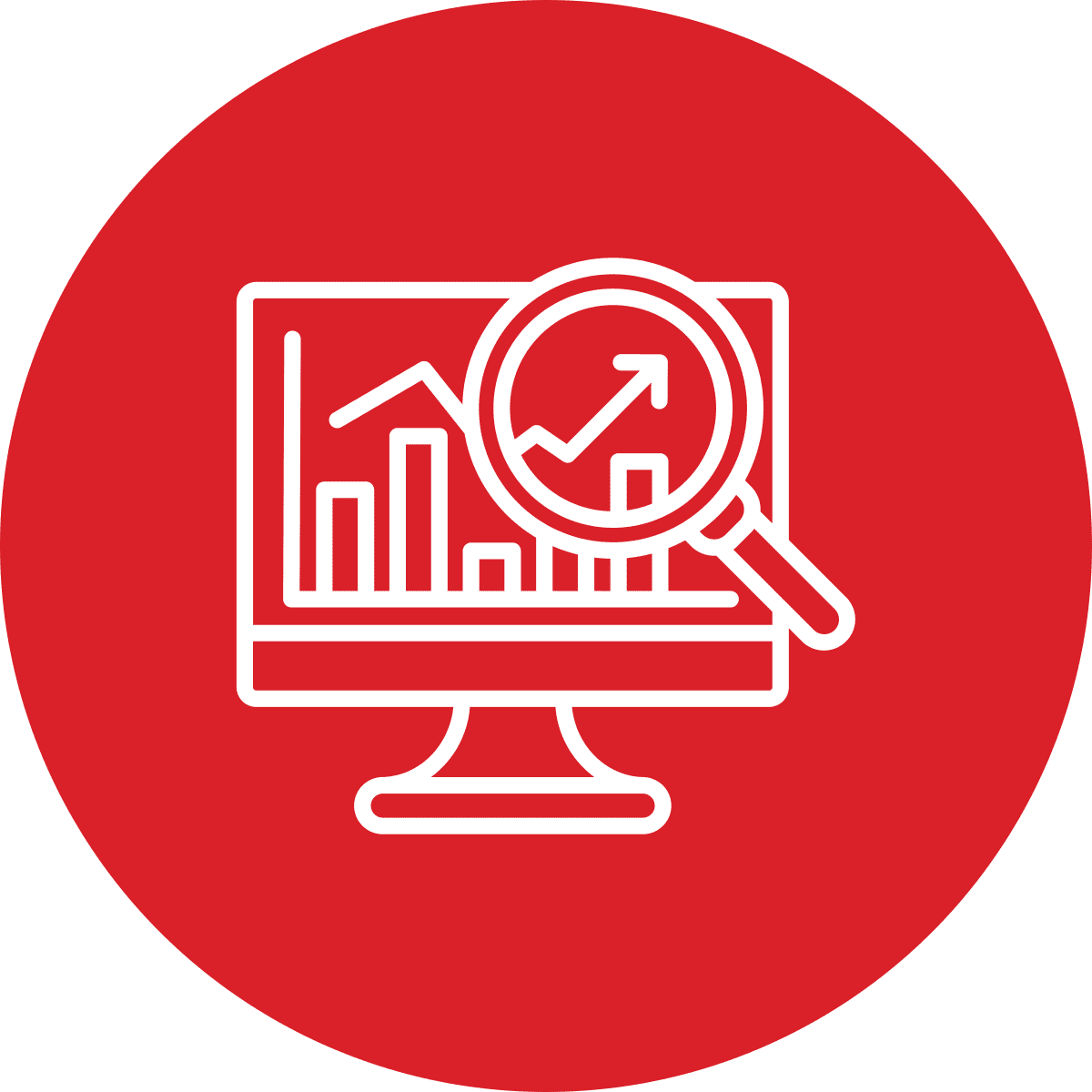
Business Analytics
Efficient storage, searching and analysis of laboratory operations and billing data enables monitoring of workload, productivity and other metrics as well as benchmarking between sites.

Field Electronic Access
Allocate, track and capture field testing and inspection data in real time improving visibility into your operations and simplifying report review and approval. Provide field staff with immediate, electronic access to all laboratory information and work requests. Know whether your field staff have accepted work allocated to them, whether they are woking on it, and know when they are done.
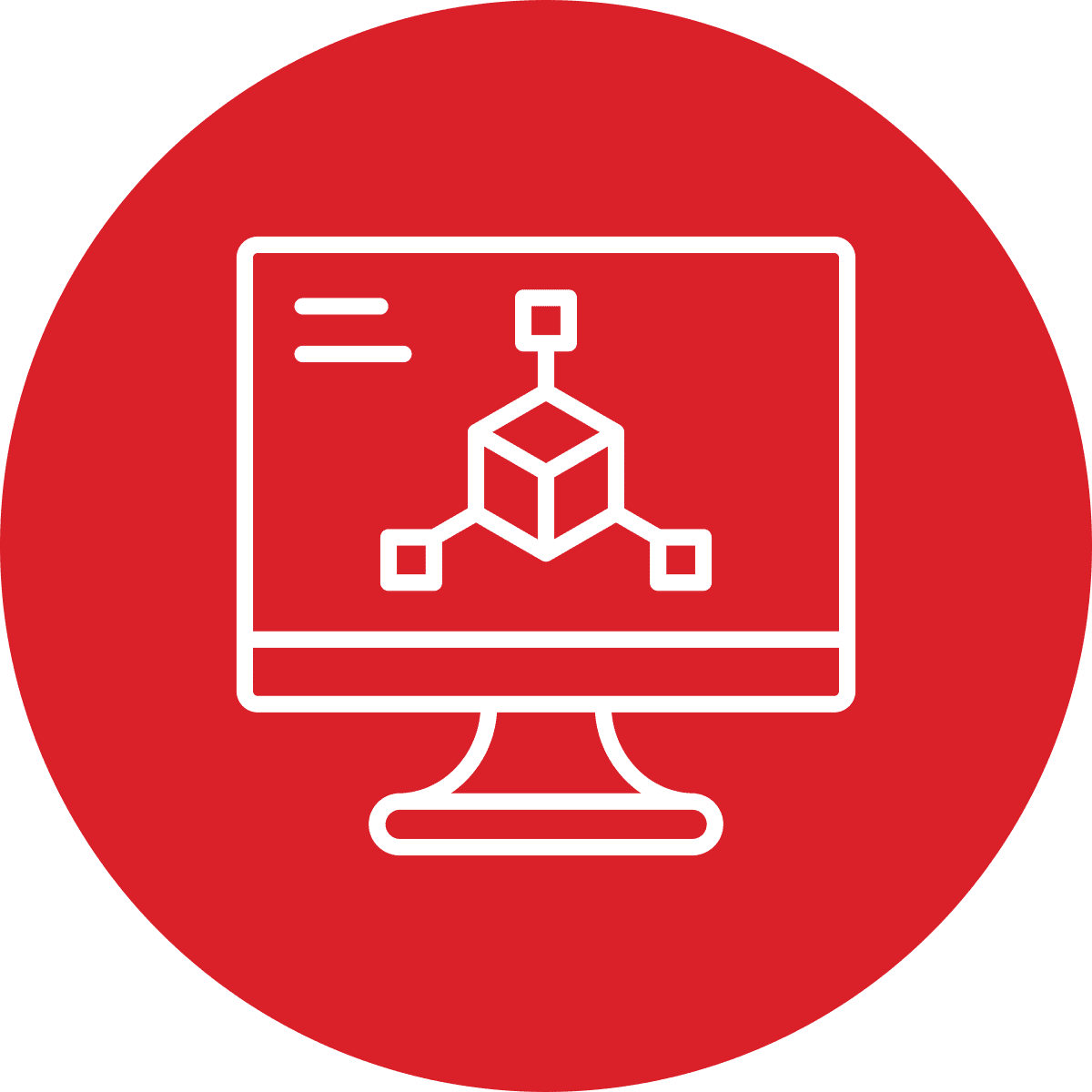
System Integration
Integrate seamlessly with general, specialized and bespoke ERP, financial, planning and other systems. Share information on customers, projects, billing, resourcing, production, etc. Previous integrations have included, but are not limited to, SAP, Oracle Financials, Lawson, BST, Deltek (multiple versions), Command Alkon, etc.
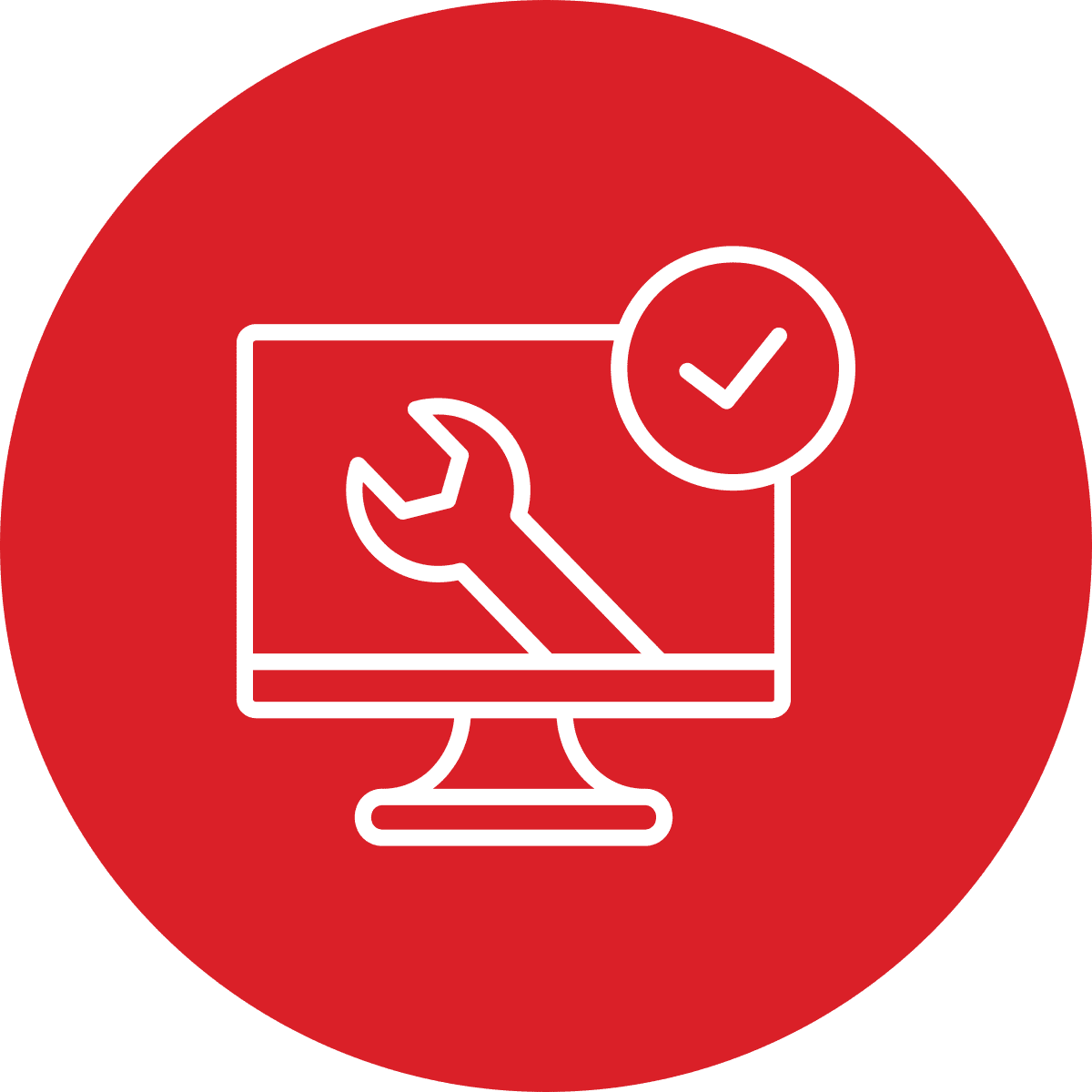
Equipment Interfacing
Interface directly with testing equipment to electronically capture measurements and minimize data entry effort and errors. Collect data from simple apparatus such as balances and compression machines as well as more complex equipment such as triaxial and consolidation testing machines. Drive common workflows using barcodes for efficient navigation.
Frequently Asked Questions
Below is a selection of questions that customers ask us often.
LIMS is a common term used in the software industry for products that support the operations of laboratories. It stands for Laboratory Information Management System. Similarly, a FIMS (Field Information Management System) is a software product that field staff use to collect, manage and submit field-related information.
In more recent years, leading software products such as QEST Platform combine the two functions providing seamless support for laboratory testing, field testing, field inspections and field operatives scheduling and management providing thus a complete Technical Information Management System (a TIMS).
For two reasons:
1. Excel is a great tool, due to its flexibility, power, and adaptability. Unfortunately, these very same attributes are what make it open to misuse and risky. Laboratories that value traceable, reliable systems that prevent users misuing them and want to work fast without sacrificing accuracy, need a centralised tool that has specially designed worksheets (for data entry and calculations), integrated user competencies management, support for equipment handling (including electronic equipment interfacing where that is possible), barcode support for faster and more accurate workflow management, etc. These are common functions found in leading LIMS products.
2. Excel, being a spreadsheet, is not a good tool to database results. It is also not designed to mange equipment, technician accreditations (and provide suitable user access accordingly) and interface with electronic equipment. A LIMS is designed to support the complex operations of a laboratory and manage all laboratory assets (people, equipment, samples, specifications, test reports, billings, etc.).
Over the years, some excellent LIMS platforms have been introduced to the laboratory software market and have been commercially very successful. They are not, however, easy to use in the construction materials and geotechnical space.
A configurable LIMS platform is like a canvas, which can be used to configure workflows ofter found in laboratories. They come with functionality to support and connect to equipment, and allow the users to make whatever workflows they like providing them with tools to support data entry, calculations, databasing and reporting.
While these systems have been very successful in the chemical, biological and health industries, they have a very poor track record of adapting successfully to construction materials or geotechnical testing. They often rely on sophisticated equipment analysing and testing the samples and they are concerned with interfacing to these machines, taking the results, managing the samples, and producing the test reports. In geotechnical and construction materials testing laboratories a lot of the testing, measuring and observing are manual processes which require sophisticated electronic worksheets to support the technician in collecting the data and calculating the results.
In these challenging settings, industry-specific LIMS products are necessary. QEST Platform ships with a LIMS that was designed specifically for the testing of soils, aggregates, concrete and asphalt.

